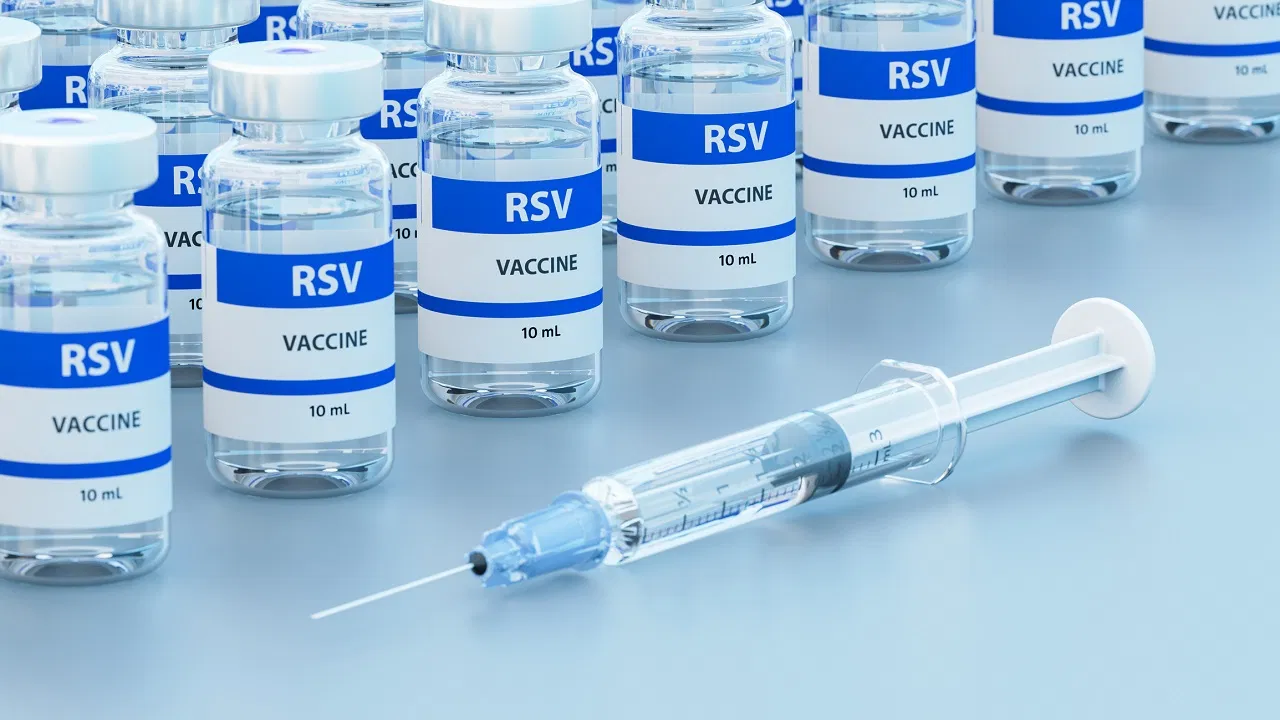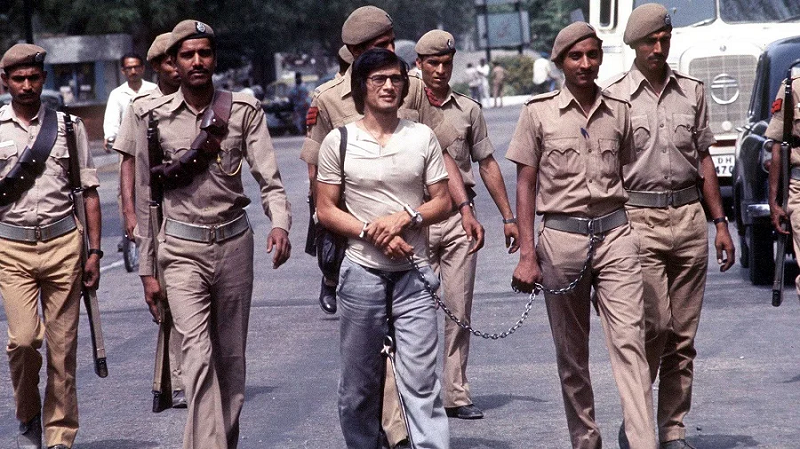Infants will not be at risk from RSV infection, WHO launches vaccine.
- bySherya
- 03 Jun, 2025

Every year, around 100,000 young children die due to RSV and millions have to be hospitalized. Especially in developing countries, where medical facilities are limited, this initiative of WHO can prove to be a lifesaver for newborns.

Every year, millions of children suffer from respiratory syncytial virus. It causes serious infection, especially in children younger than 6 months. This disease kills millions of children every year across the world. This virus remained a challenge for parents and health experts, but for the first time, the World Health Organization (WHO) has recommended two effective measures to be adopted globally for protection against this virus.
WHO has announced to bring a vaccine against this virus. One of which is a monoclonal antibody injection for pregnant women and the other for newborns. In such a situation, common people need to understand what this is and what things parents should keep in mind.
What is RSV virus?
RSV or Respiratory Syncytial Virus is a rapidly spreading virus that infects the respiratory tract and lungs. It usually spreads through sneezing, coughing and close contact. For adults, this virus is like a common cold, but for newborns and small children, it can prove fatal.
How to Recognize the Symptoms of RSV in Children?
Initially, the symptoms of RSV may seem like a common cold. Such as runny nose, mild fever, sneezing, cough and the child feeling irritable or having trouble feeding. But if the child is breathing very fast or with difficulty, there is noise in the chest, lips or fingers turn blue, or breathing becomes obstructed, then contact the doctor immediately.
Maternal vaccine (RSVpreF)
As per WHO's recommendation, pregnant women can be given RSV vaccine after 28 weeks. This is called maternal vaccine. This vaccine produces antibodies in the mother's body, which reach the baby in the womb. This protects the baby from RSV for a few months after birth. This vaccine can be given during a normal pregnancy checkup.
Monoclonal antibody injection (Nirsevimab)
This injection is given directly to the newborn baby. It contains pre-made antibodies that help fight the virus immediately. A single injection provides protection to the child for about 5 months. This is especially useful for countries or areas where RSV is seasonal, that is, it spreads rapidly in a particular season.
Important things for parents
If you are pregnant, ask your doctor if you can get the maternal vaccine. Watch for RSV symptoms while caring for your newborn. Take your baby to the doctor on time to get the injection (Nirsevimab). To prevent RSV, maintain cleanliness and keep the newborn away from sick people.




